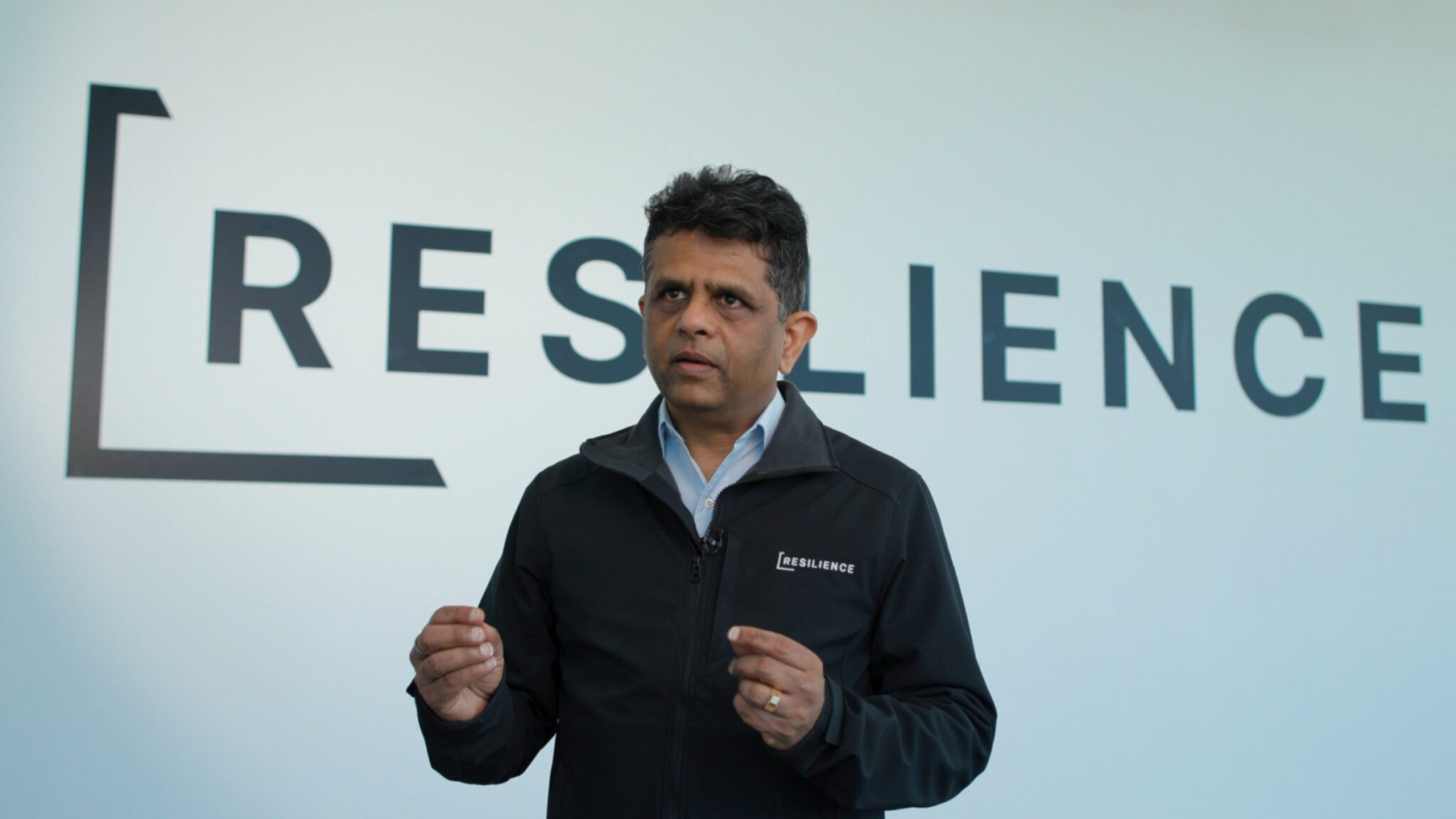
Rahul Singhvi, Resilience CEO
Resilience collaborates with the Mayo Clinic to manufacture rare and complex disease drugs
After netting its Series D round of funding in June, Resilience is not sitting around and resting on its laurels.
The Bob Nelsen-backed contract manufacturer …
Sign up to read this article for free.
Get free access to a limited number of articles, plus choose newsletters to get straight to your inbox.